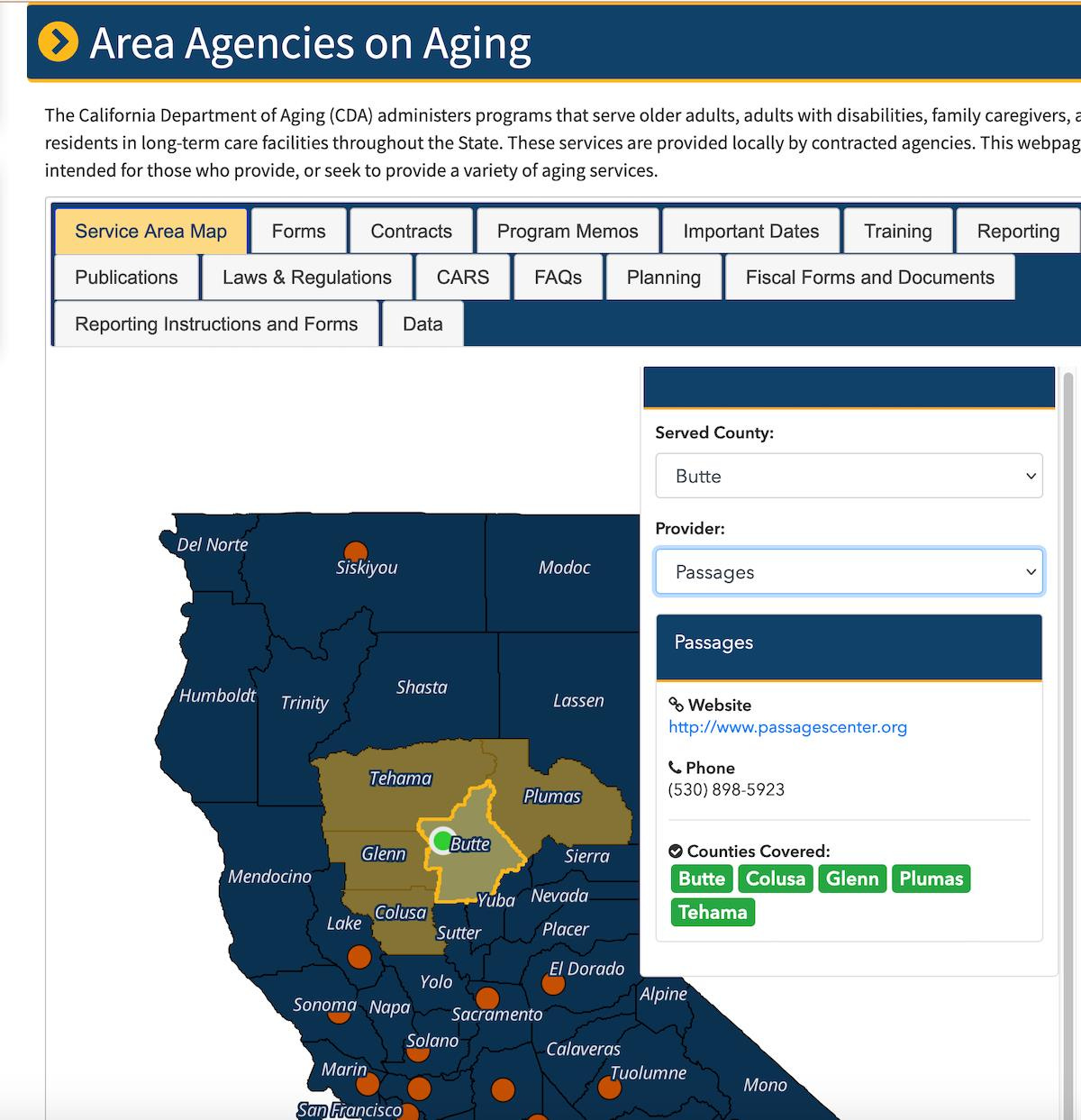
"Hot fun in the summertime...."
Music fans, you are already humming along to that classic Sly & The Family Stone song aren’t you? (You'll thank me when you wake up at 3AM with that kicking around in your head).
But, for some family caregivers who might be accessing supplemental services from a state and/or federally funded agency, that 'fun' may be limited to ONLY that song.

Keeping it REAL Caregiving will always try to put these serious topics into a framework you can relate to. Be sure to SUBSCRIBE to join the journey.
A Northern California and Butte County-based friend of mine recently reached out and was in quite a panic. The in-home care workers scheduled for several hours a week to help care for his elderly father told him they would not be returning. There was no more money to pay them.
What? How could that be? Why didn’t someone tell him in advance? What was he going to do? His father still needed help!
HE needed help! H-E-L-P!
Short-term respite
To help this family caregiver get to the bottom of the situation, I reached out to the agency handling his services.

Courtesy: PASSAGES
It’s called PASSAGES Caregiver Resource Center. It offers numerous support and educational programs to community members. One of which is respite.
*personal note: I used the services of PASSAGES while caring for my mother. It provided me additional layers of coverage - a few extra hours a month in addition to the help I already had in place. At the time, I worked an early-morning shift that required me to be in bed at 5:30pm, as the alarm went off at 12:30am. I was able to have a care provider in place for three hours in the evenings, to get mom dinner, teeth brushed, evening meds and put to bed. It was a life-saver for me.
I reached out to Program Services and Education Specialist Jessica Melchor for further clarification about how PASSAGES works.

"The Passages Caregiver Resource Center is designed to empower caregivers in their role through education and support. It offers a connection with a Family Consultant for specialized information and a resource library of education and workshops," explained Melchor.
Hands-on help
As a family caregiver I can tell you, tapping into resources that can offer you a short break can be like a life-raft tossed to a person gone overboard a ship.
"Short term respite is available to alleviate the stresses of providing care,” said Melchor. “It gives the caregiver a break but is not intended to supplement long-term care in the home. A caregiver must be enrolled in the PASSAGES CRC program to receive respite.”
My friend was getting that help and it was much appreciated. I told Melchor the angst that individual was now experiencing and asked her why services would have come to a halt.
In a nutshell? There is a string attached this care and it is called MONEY. Fiscal year budget dollars to be exact. Services - that is how many clients can be helped and for how long, are dependent upon available funding.
Melchor explained that PASSAGES respite services are funded through federal dollars as part of The Older Americans Act (OAA) which allows for the administration of The Family Caregiver Support Program (FCSP) carried out by Area Agencies on Aging (AAA). In this case, that agency for Butte County is PASSAGES.
The California Department of Aging is the state agency leading all of this at the state level with it's funding coming through the Health and Human Services Division of the state budget.
According to the 2021-2022 California state budget: Caregiver Resource Centers—The Budget includes $10 million General Fund in 2022-23 and ongoing for Caregiver Resource Centers
Melchor says the dollar amount allocated for program services is based on a projected amount based on how many clients used services the prior year.
Simply put, if funding runs out before the end of the fiscal year, services cannot resume until the legislature passes a new budget and funds are distributed. That often means there are not enough dollars to last through the summer.

Courtesy: California Department of Aging
PASSAGES currently serves several counties in Northern California. However, Melchor says not each of those counties offers a program to deliver such services. The agency also hosts an online a video library , Caregiver Corner, so anyone anywhere can access the information.
(We’ll dive into the realities of elder care when living in rural communities in future newsletters)
“This last year we had a significant increase in clients so funding did end earlier than expected. We believe it was partly pandemic related because more people were at home. We saw an increase in folks reaching out to us.”
With this seasonal budget reality in place, what can and should families do?
Melchor says when families apply for assistance, they are told the program is short-term and should not be considered a replacement for other care.
“We reiterate at the beginning that our funding is limited. Sometimes caregivers can be overwhelmed at the time so we make sure they understand that,” explained Melchor.
"We try to advise them to establish a caregiver support system; whether it’s a family member or neighbors or maybe church groups. We give them ideas and options of having additional support in the home.”
Take action now
This case is a good lesson for all of us - to start thinking NOW about what your care support circle might look like.
Ask yourselves some questions:
What is the Area Agency on Aging in my region?
Who of my family or friends might be able to assist if needed?
What services/funding/programs am I eligible for?
For those of us with boots-on-the-ground experiences of providing full-time care to a loved one, sometimes what we need is just extra manpower.
Are you a family caregiver or know someone who is? I would love to hear your experiences in accessing care. Shoot me an email at info@juliayarboughmediagroup.com.
What plan-of-attack do you have in place to provide respite for yourself or a loved one and what advice can you share with others?
Ciao~



